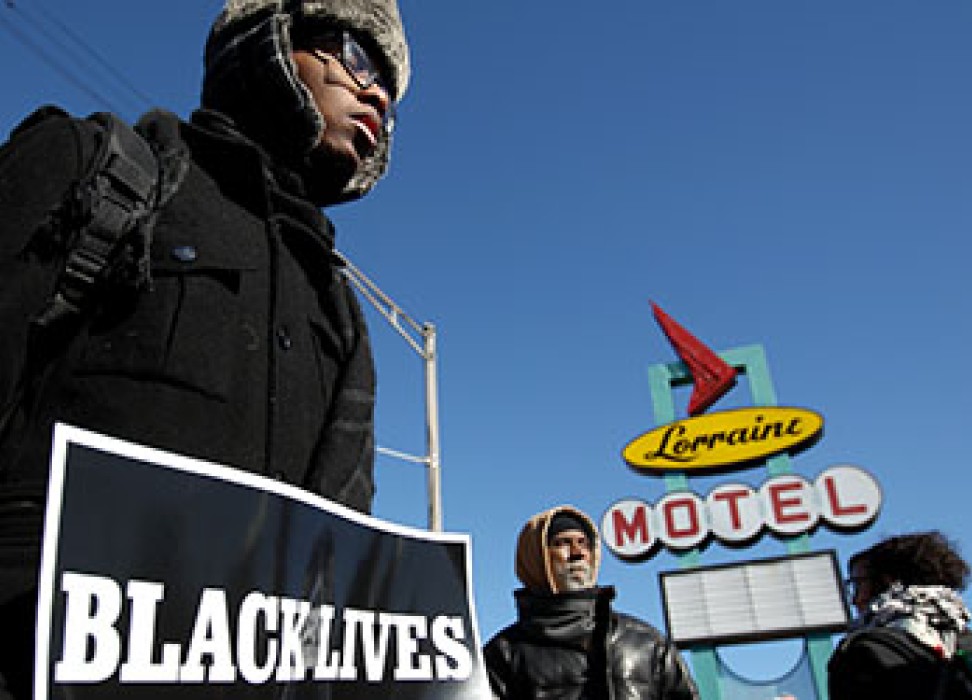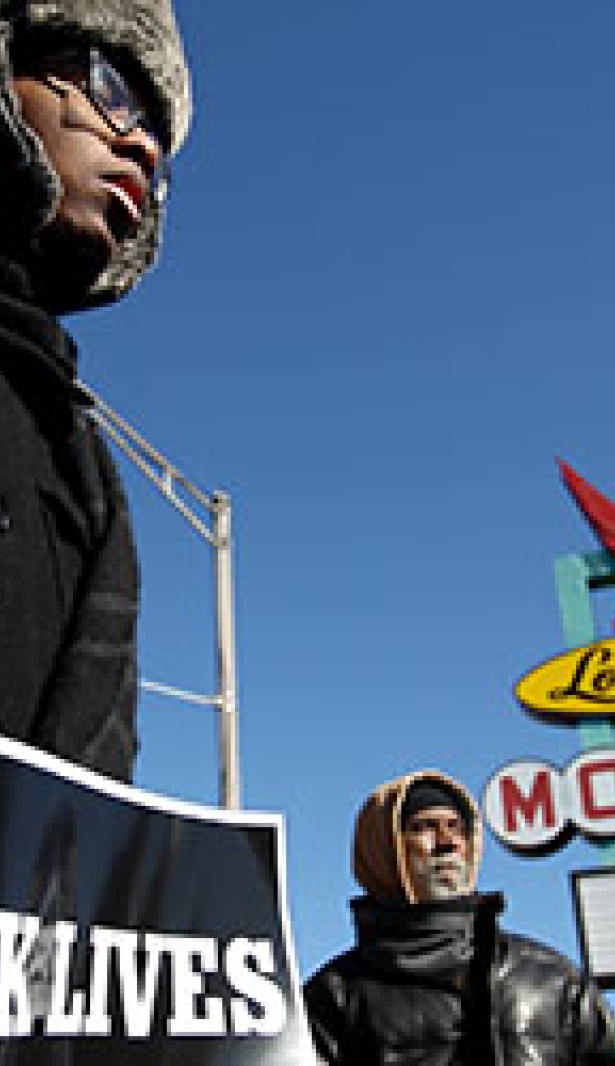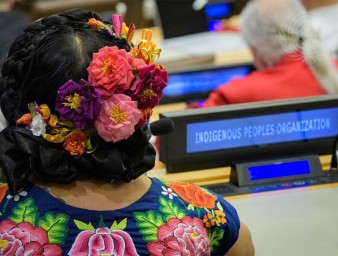Human Rights experts find racial discrimination in the USA alive and thriving
03 February 2016

The United States is still a long way away from dealing with the systemic and institutionalised racial discrimination that plagues it on all levels, a group of United Nations human rights experts said.
“Despite substantial changes since the end of the enforcement of Jim Crow [former racial segregation laws in the Southern United States] in the 1960s and the fight for civil rights, ideology ensuring the domination of one group over another continues to negatively impact the civil, political, economic, social, cultural and environmental rights of African Americans today,” stated the Working Group of Experts on People of African Descent (WGEPAD) in a recent report.
The WGEPAD issued its preliminary findings and recommendations at the end of its mission to the United States from 19-29 January. The visit was aimed at assessing the situation of African Americans and people of African descent in terms of racism, racial discrimination, afrophobia, xenophobia, and related intolerance.
The WGEPAD welcomed some steps taken by both federal and state authorities to combat racial discrimination. These included an executive order banning the use of solitary confinement on juvenile prisoners and the adoption of the Affordable Health Care Act, which it called “one of the most important developments in the area of health.”
However, the alarming rates of police brutality and excessive use of lethal force by law enforcement committed with impunity and racial bias in the criminal justice system was of grave concern to the Group.
“Contemporary police killings and the trauma it creates are reminiscent of the racial terror lynching of the past,” the Working Group stated. “Impunity for state violence has resulted in the current human rights crisis and it must be addressed as a matter of urgency.”
Experts also pointed to the increased gap between basic human development indicators and the lives of African Americans. They noted the majority of predominately African American neighborhoods were in poverty, or subject to environmental injustices, such as the toxic water crisis currently taking place in Flint, Michigan.
The Group also noted disparities in the enforcement of zero tolerance policies and heavy handed efforts to increase security in schools which have led to excessive penalization and harassment of African American children, the presence of police in schools arresting children for minor offences; racial profiling and the targeting of the African American community with impunity as areas of concern.
“The persistent gap in almost all the human development indicators, such as life expectancy, income and wealth, level of education, housing, employment and labour, even food security, among African Americans and the rest of the US population, reflects the level of structural discrimination that creates de facto barriers for people of African descent to fully exercise their human rights,” said Mireille Fanon Mendes France, chair of the working group.
The Group started the visit in Washington, D.C. and from there travelled to Baltimore, Maryland, Jackson, Mississippi, Chicago, Illinois and New York City, New York, before returning to Washington D.C. to present their preliminary findings. They met with Government representatives from the federal, state and local levels, and hundreds of civil society organization representatives and human rights activists.
They also met with individuals and victims of human rights violations, including people whose family members were killed by police officers and are still seeking justice.
The WGEPAD bases much of its work on the Durban Declaration and Programme of Action and the UN Convention on the Elimination of All forms of Racial Discrimination, which the US, along with 176 other countries, has ratified. The Working Group is also playing a leading role in advocating for states to take national action during the “International Decade of People of African Descent: Recognition, Justice and Development” (2015 to 2024) and aims both to highlight the contribution of people of African descent to societies and strengthen national, regional and international cooperation to ensure the human rights of people of African descent are respected, promoted and fulfilled.
3 February 2016




